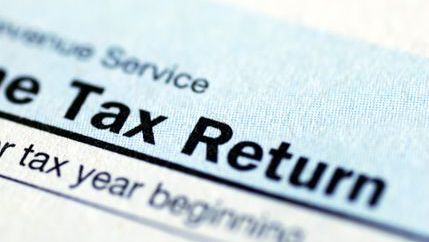
EPC targets could be at risk
There is a compelling case for boosting energy efficiency in the private rented sector. Around two-thirds of privately rented properties in England and Wales fall below EPC C, the UK Government’s target rating for all fuel-poor homes by 2030. Renters face widespread problems with dampness, mould and cold, with 1.6 million children exposed to these conditions.
Other countries, including Scotland, have already introduced tax incentives and green loans to support higher standards.
Change the income tax rules for landlords
Individual landlords currently pay income tax on their rental properties at the same rates of tax as other earned income. Landlords may deduct costs of managing the property, legal fees, replacement furniture, insurance, utility bills, ground rent and maintenance and upkeep – but not energy-saving improvements.
The collective voice is encouraging this allowance to be expanded to include expenditure on improvements that result in an increase in the efficiency of the property.
Propertymark’s position
We want to see more energy-efficient homes, but new rules and requirements must be realistic and achievable. Without providing landlords and homeowners with incentives and access to sustained funding, it is unlikely that energy efficiency targets for the private rented sector and a reduction in emissions across the property sector will be met.
Decision makers across the UK must move away from a one-size fits all policy and develop energy efficiency proposals that work with the different ages, conditions, and sizes of properties. This way grants and funding support can be targeted on the archetype of a property rather than its tenure.
Energy efficiency
The UK housing stock is amongst the least energy efficient in Europe and the Committee on Climate Change says that energy use in homes accounts for about 14 per cent of UK greenhouse gas emissions. Non-domestic buildings account for around one-third of UK emissions from the building stock.






